Article Highlights
Business is about relationships, and relationships are about effective communication. In this article you’ll explore three tips for forming lasting professional relationships:
- Do your research about the person you want to form a relationship with.
- Build empathy for people in different functions.
- Offer value, whether or not they ask for it.
About 20 years ago, I made friends with a guy who was really good at fixing computers. Anytime someone I knew had computer issues, I volunteered this guy. Pretty soon, we were talking about setting up a small business doing at home computer repair. We put an ad in the Money Mailer and actual customers started calling us. Out the door my friend would go, and money started coming in — at $49 a pop. The business didn’t last long because it wasn’t making enough money to sustain the effort. My friend and I stayed in touch and had war stories to tell about starting up a business.
While our careers took us to different parts of the country, we touched base every so often. Eventually, we ended up back in the same state and we started going out for lunch pretty often. At one of these lunches, I told him I’d love to work with him at his company. He said there weren’t really any openings and we moved on to other topics. But he called me the next day and slyly said, “David, you don’t happen to know anyone who owns an agency, do you? I need to hire them for a consulting project.”
I said, “Of course! There is an agency that can help you: mine!” I formed an agency right then and there. And I got the gig.
There’s more to the story about our small computer repair business. It ended kind of messy, as any business that loses money can. And my friend and I could have parted ways uncomfortably. To our credit, we moved beyond the myopia of the details. And, as seen above, the result has strengthened ties as well as business success.
That’s why I say put people first. The business and success will likely follow.
Here are three tips I’ve developed for building warm, lasting professional relationships throughout the life of your business and career.
1. Do your research
Educating yourself is one of the best things you can do to prepare for productive relationships. Stay abreast of industry trends. Listen to what thought leaders have to say. The more knowledgeable you are, the more interesting you are. And you’ll be surprised at how much more interesting others become, too. The more you have to contribute to conversations, the more people will want to associate with you as a smart, informed person.
When you identify an individual or potential client you’d like to get to know better, start by stepping into their shoes. Take a broad perspective of their industry, current role, career history, and competition, and take a focused perspective zeroing in on the project or topic under discussion. Think about what moving the needle and bettering their business means to them. And don’t forget to do some healthy cyberstalking. Browse through their social media feeds. Be bold in sharing back with them that you saw or noticed something on their social media.
2. Seek understanding and empathy by understanding what others need
A communication barrier in my industry can exist between agency leaders with creative backgrounds and agency leaders with business backgrounds. Often, they don’t know how to speak to each other. It’s not that creativity and business are opposed, it’s that the two groups hear, understand, and dialogue differently.
In the Real Creative Leadership episode, “How to Find a Common Language for Creative Feedback,” Adam Morgan of Adobe and Douglas Davis of BlueJeans discuss this challenge. “Design school doesn’t teach you business,” Douglas says, “Business school doesn’t teach how to inspire designers.”
To bridge that potential communication gap, we work to recognize what moving the needle means for each leadership group.
When a client comes to us and says, “We need to change up our website,” Stoke’s collaborative team of writers and designers approaches the project holistically. Our combined experience helps us decipher that the client is saying: “I’m not happy with the look and feel of my website.” Further, on a business level, what they are also saying is, “We need a website that will lead to more sales.”
Both of these interpretations are important and valid. When our team members share their perspectives with one another and engage in a productive and strategic dialogue, the process leads to better conversations and stronger relationships, both inside the agency and with our clients.
3. Put yourself out there and be prepared to offer value
We were helping a client run an event when we recognized a disconnect: the event was spectacular and visual, but the advertisements for the event weren’t. During the event, we started taking video footage. We used that footage to drive our pitch to the client for the next year’s event. The client took us up on the offer and the next year’s event came off stunningly.
The client wouldn’t have been prone to listen if we had come to them with a cold call offer. And, frankly, we wouldn’t have known how best to help them without being there next to them. The work we’ve done with them would have been impossible without an existing relationship in which we looked for ways to create new — and lasting — value.
Expand your circle and grow your career
Professional networking may secure you your next sale, but it isn’t all about that. It’s about sincerely and genuinely expanding your circle of friends. Clients shouldn’t be notches on your belt. And so you might need to effectuate some attitude adjustments to assure that you’re looking outwardly. You need to come from your heart.
Start by making time on a regular basis to see the people you want to maintain a relationship with. It doesn’t really matter how often you see each other as long as you make it regular. My wife and I have a standard dinner date with our best friends, once a year — we share the same wedding anniversary. And sure, we only see each other about once a year, but that is enough to maintain a vibrant and supportive friendship.
By putting yourself out there and working to hear, understand, and dialogue better, you’ll build meaningful professional relationships that will enrich your business and your personal life, too.
At Stoke, we consider our relationship with each customer to be the most important part of the project. That’s why we include it in our three pillars of success: relationships, professionalism, and quality work. Whether or not you have a project in mind, let’s start our professional relationship. Contact Stoke today.



